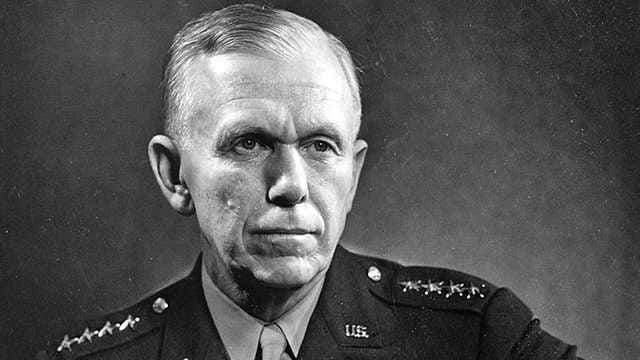Politico sought fit to bury this quote from Colin Kahl, undersecretary of Pentagon policy, at the bottom of their inverted pyramid-style story about Germany slow-walking Leopard tanks for Ukraine.
“The Abrams tank is a very complicated piece of equipment. It’s expensive, it’s hard to train on. It has a jet engine, I think it’s a…
Keep reading with a 7-day free trial
Subscribe to Polemology Positions to keep reading this post and get 7 days of free access to the full post archives.




